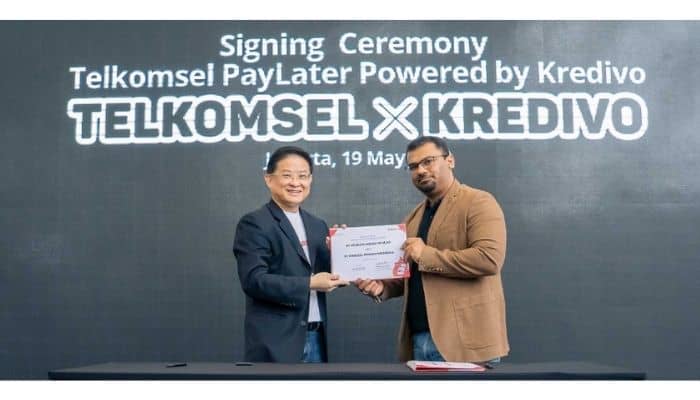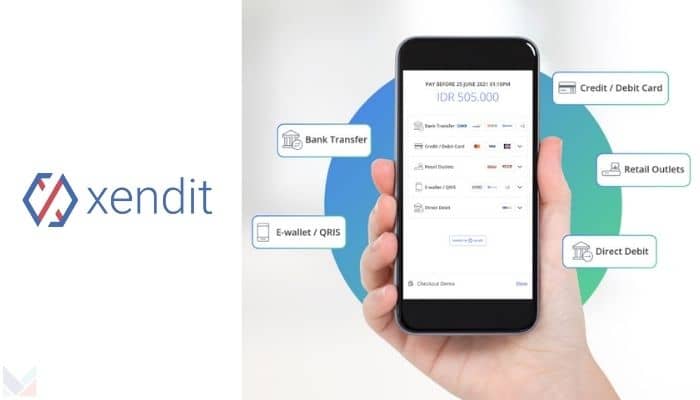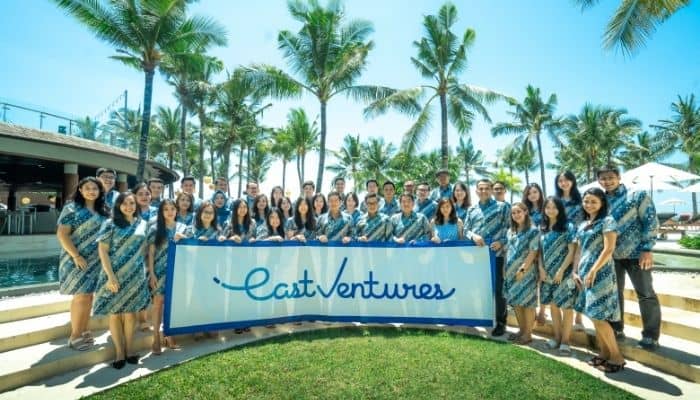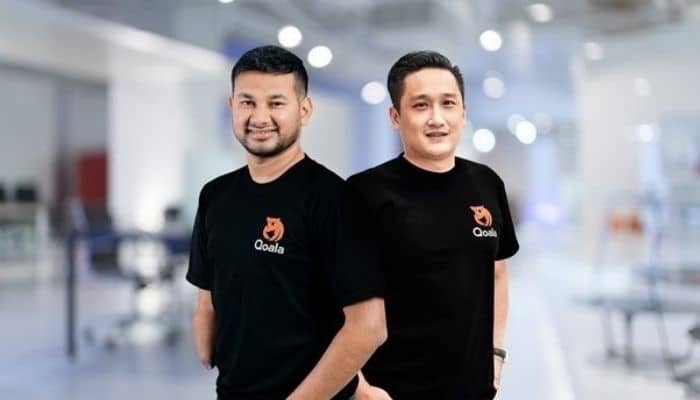Jakarta, Indonesia – Buoyed by the upward trend of e-commerce shopping and the tendency of Gen-Z consumers to favour relatable products, local beauty products are now able to compete and even surpass global brands. The top performers amongst these local brands are MS Glow and Scarlett, according to new data from Insignia’s e-commerce intelligent platform MarketHac.
During the first quarter of 2022, MS Glow has led the market with a share of 8.2%. Despite lower sales compared to 12.6% at the end of 2021, MS Glow was still at the top of the skincare category, followed by Scarlett and Somethinc, which remained strong at 2nd and 3rd places respectively since December 2021.
Meanwhile, an unexpected milestone was set by a local brand, more specifically in the eye makeup category. Viva, a brand with a long history in the beauty industry, broke into the top three most favoured eye makeup products, competing strongly with the second-ranked Wardah. In the lip colour category, local brand Implora managed to win the second-biggest market share of 15.5%, followed by Wardah with 10.4%, in March 2022. Interestingly, Hanasui, another local brand, went skyrocketing and caught up with Wardah, seizing 10.4% of the market share in the same month.
At the end of the first quarter of 2022, Scarlett dominated the market share of body care products with 42.1%, followed by Vaseline with 16.9%, and Nivea with 6.2%. With body lotion as its champion product, Scarlett was far ahead of the other brands.
Richard Ho, Insignia’s director, shared that local brands have been dominating the market share of beauty products across several categories, most notably in the skincare and body care categories.
“We see that local brands have been gaining more interest and trust. With the emergence of new local brands, the beauty products market becomes increasingly attractive and competitive,” said Ho.










